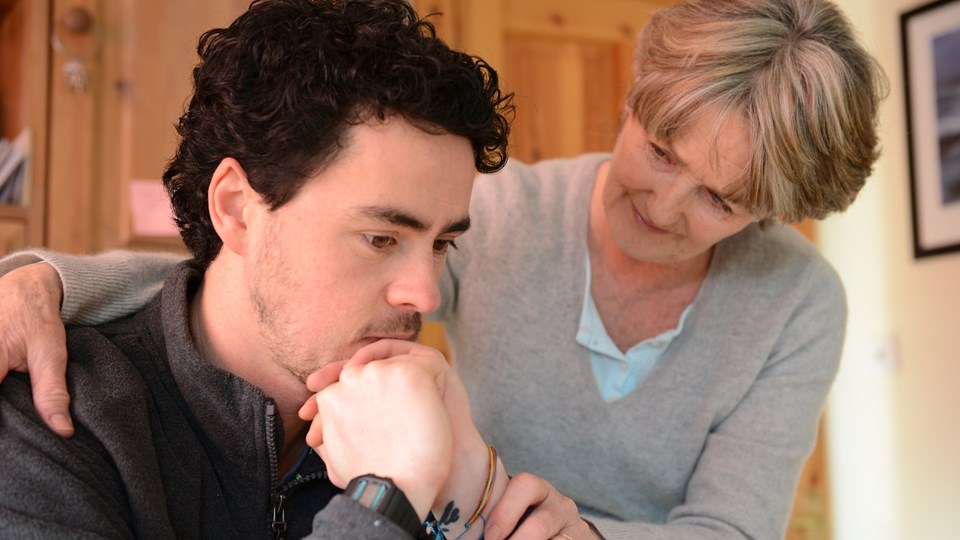LSE research boosted access to therapies
LSE Professor of Economics Richard Layard founded the Wellbeing Programme at the LSE Centre for Economic Performance (CEP) in 2001. The Programme’s main aims were to promote subjective happiness and wellbeing as the criterion for public policy, and to conduct research that would contribute to the formulation of the most effective policies.

CEP researchers surveyed the evidence on possible measures of subjective wellbeing and, as a result, identified four questions that together were capable of capturing it. These questions related to the individual’s overall satisfaction with life, whether they considered the things they were doing to be worthwhile, and their recent experiences of happiness and anxiety.
CEP research then produced the striking finding that mental health is more important than income in determining wellbeing. The research team therefore conducted a cost-benefit analysis of cognitive behavioural therapy to produce evidence for expanding psychological therapy programmes. They concluded that wider provision would generate such savings that there would be no extra financial burden on the UK Government.
CEP also persuaded 22 English schools to introduce trials of the 18-hour Penn Resilience Programme, which had been developed at the Positive Psychology Center at the University of Pennsylvania and was designed to increase the mental resilience of young people. This trial found that the programme had long-lasting effects on school performance but that its boost to emotional health faded over time. After searching the world for effective interventions, CEP is now trialling a 140-hour programme designed to produce long-lasting emotional effects.
After the trials mentioned above, the introduction of the Penn Resiliency Programme was expanded and is now being taught routinely in 60 schools across 10 local authorities.
But the most significant single outcome of the CEP Wellbeing Programme came in 2007 when the then Secretary of State for Health announced a programme for Improving Access to Psychological Therapies (IAPT).
This programme developed as the result of a CEP presentation at the Cabinet Office in 2005 and a subsequent Labour election manifesto pledge to increase psychological therapies available to people suffering from anxiety and depression. CEP established a Mental Health Policy Group to develop proposals for how to do this, which were published in its Depression Report and largely implemented in the programme.
'The magazine Nature has called the programme “world-beating”. Now part of the mainstream National Health Service, the IAPT programme is already treating 400,000 people a year and recording 45 per cent recovery rates.'
Find out more at the LSE website.
-
Adam Clarke
adam.clarke@russellgroup.ac.uk
020 3816 1302
-
Jessica Cole
jessica.cole@russellgroup.ac.uk
020 3816 1305
 X
X
